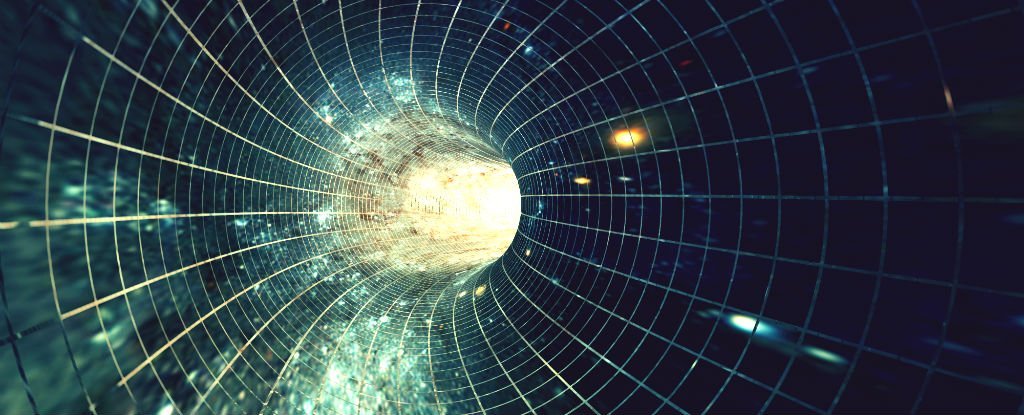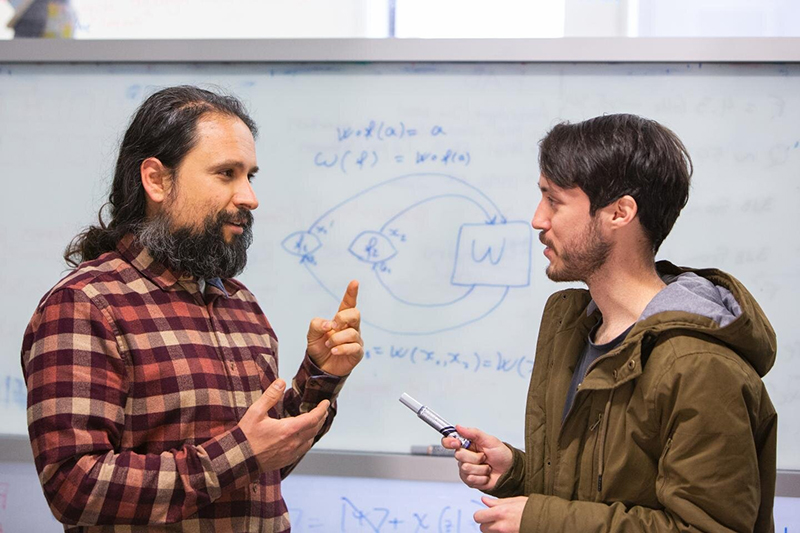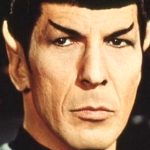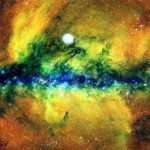
While time travel remains elusive in reality, the theoretical possibility of achieving it continues to captivate scientists. The concept introduces complex challenges, as popularized by movies like The Terminator, Donnie Darko, and Back to the Future, where altering the past raises fundamental questions about existence.
Addressing the notorious ‘grandfather paradox,’ physics student Germain Tobar from the University of Queensland proposed a solution in 2020, finding a way to make time travel theoretically viable without encountering paradoxes. Tobar explained, “Classical dynamics suggests that knowing the state of a system at a particular time can reveal the entire history of the system. However, Einstein’s theory of general relativity predicts the existence of time loops or time travel, challenging the conventional understanding of dynamics.”
His calculations suggest that space-time could adapt itself to avoid paradoxes. To illustrate, if a time traveler were to go back to prevent the spread of a disease successfully, Tobar’s work implies that the disease would find an alternative route or method, ensuring it persists regardless of the time traveler’s intervention.
While the details of Tobar’s mathematical work may be intricate for non-mathematicians, it explores the influence of deterministic processes on regions in the space-time continuum. The research demonstrates how closed time-like curves align with the principles of free will and classical physics, as predicted by Einstein.
Physicist Fabio Costa, who supervised the research at the University of Queensland, stated, “The maths checks out – and the results are the stuff of science fiction.”

Addressing the challenge, the study proposed an alternative hypothesis suggesting the feasibility of time travel. According to this viewpoint, time travelers would face limitations on their actions to prevent the emergence of paradoxes. In this framework, time travelers enjoy the liberty to pursue various activities, but the occurrence of paradoxes is deemed implausible.
While the numerical aspects may seem promising, the actual achievement of bending space and time to travel into the past remains a formidable challenge. The time machines conceptualized by scientists in their studies are currently highly theoretical, existing solely as calculations on a page.
Reaching the possibility is a future prospect – as Stephen Hawking envisioned, believing it could be attainable. If achieved, this recent study implies that individuals would have the freedom to impact the past world however they desired, with the assurance that it would readjust itself accordingly.
“Try as you might to create a paradox, the events will always adjust themselves, to avoid any inconsistency,” said Costa.
“The range of mathematical processes we discovered show that time travel with free will is logically possible in our Universe without any paradox.”
The findings have been released in Classical and Quantum Gravity





